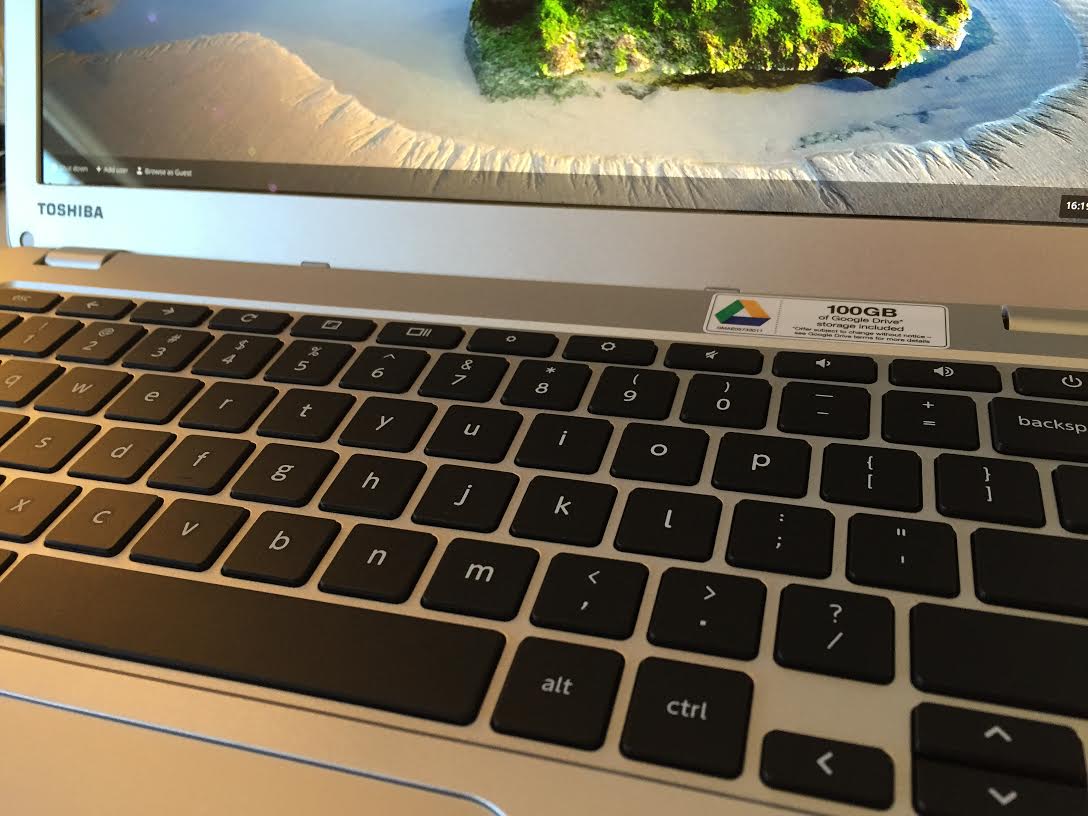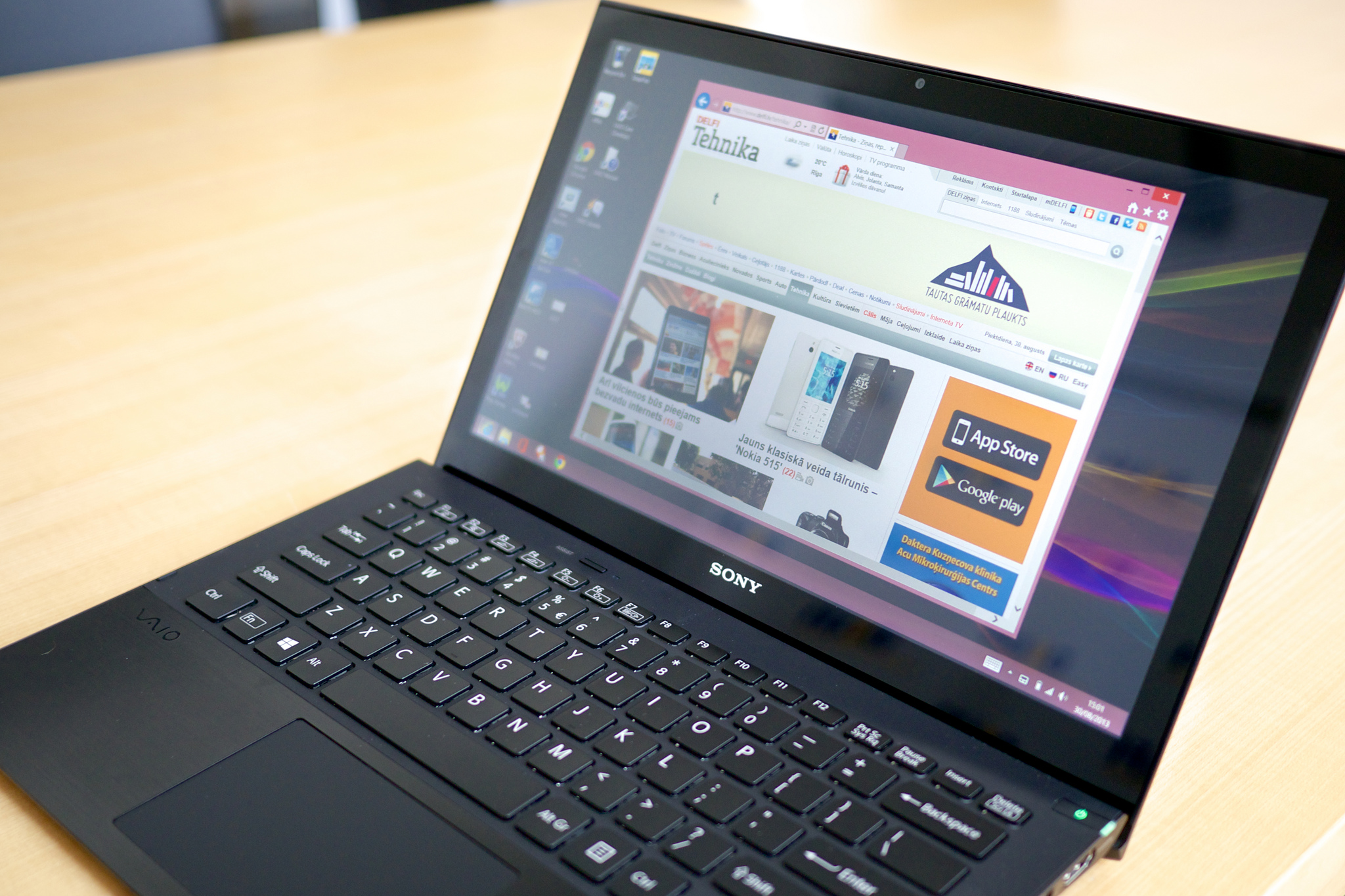In 2004, at JupiterResearch’s defunct Microsoft Monitor blog, I took a contrary view about Google, by asserting that it is not a search company. “Search is a means to an end, and information is that end. Google monetizes the information through search and contextual advertising”. That Google is all about information should be obvious enough now, although perhaps not to many people outside the company 11 years ago.
In a post four days ago, but only seen by poor pitiful me this morning, Washington Post reporter Brian Fung rightly explains why Google will “win” with its push into telecommunications. He writes: “What made Google one of the world’s five biggest companies? Data…If Google forges into the wireless space, the search giant wouldn’t just be another alternative to Verizon and AT&T. It would control a vertical slice of this universe in a way that no other company does”. Yep. The information giant’s interest in wired and wireless information share the same destination.






